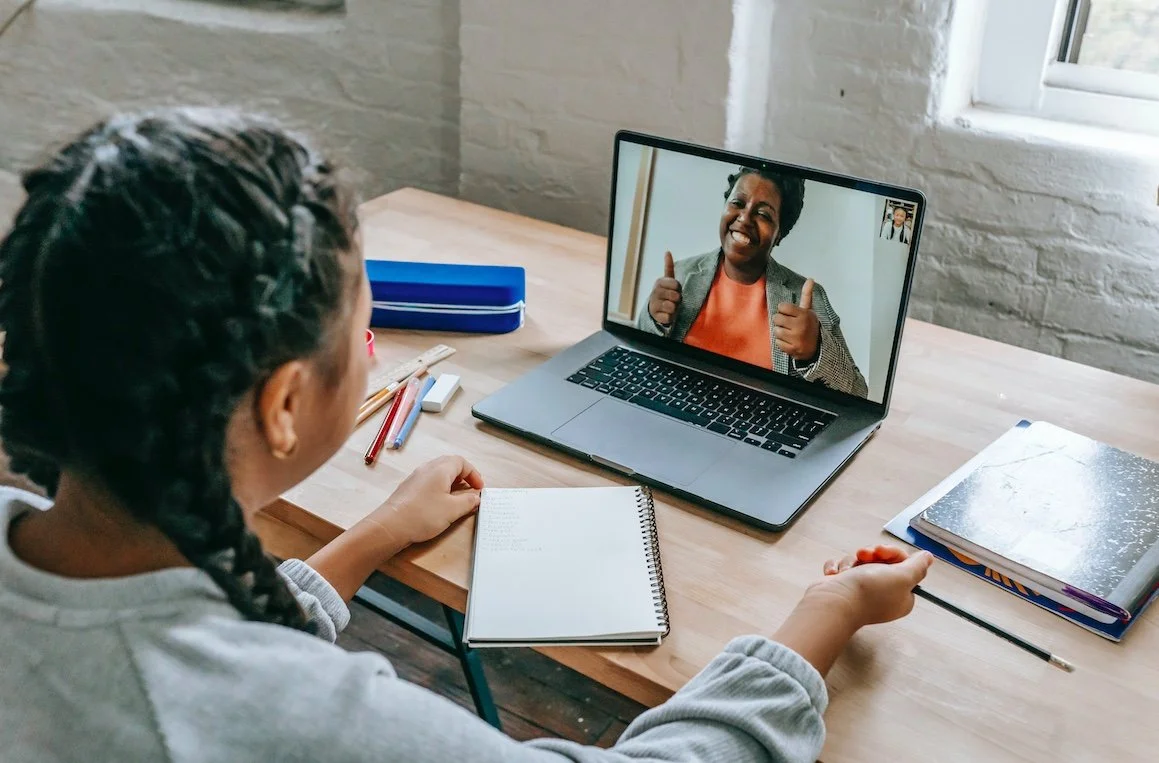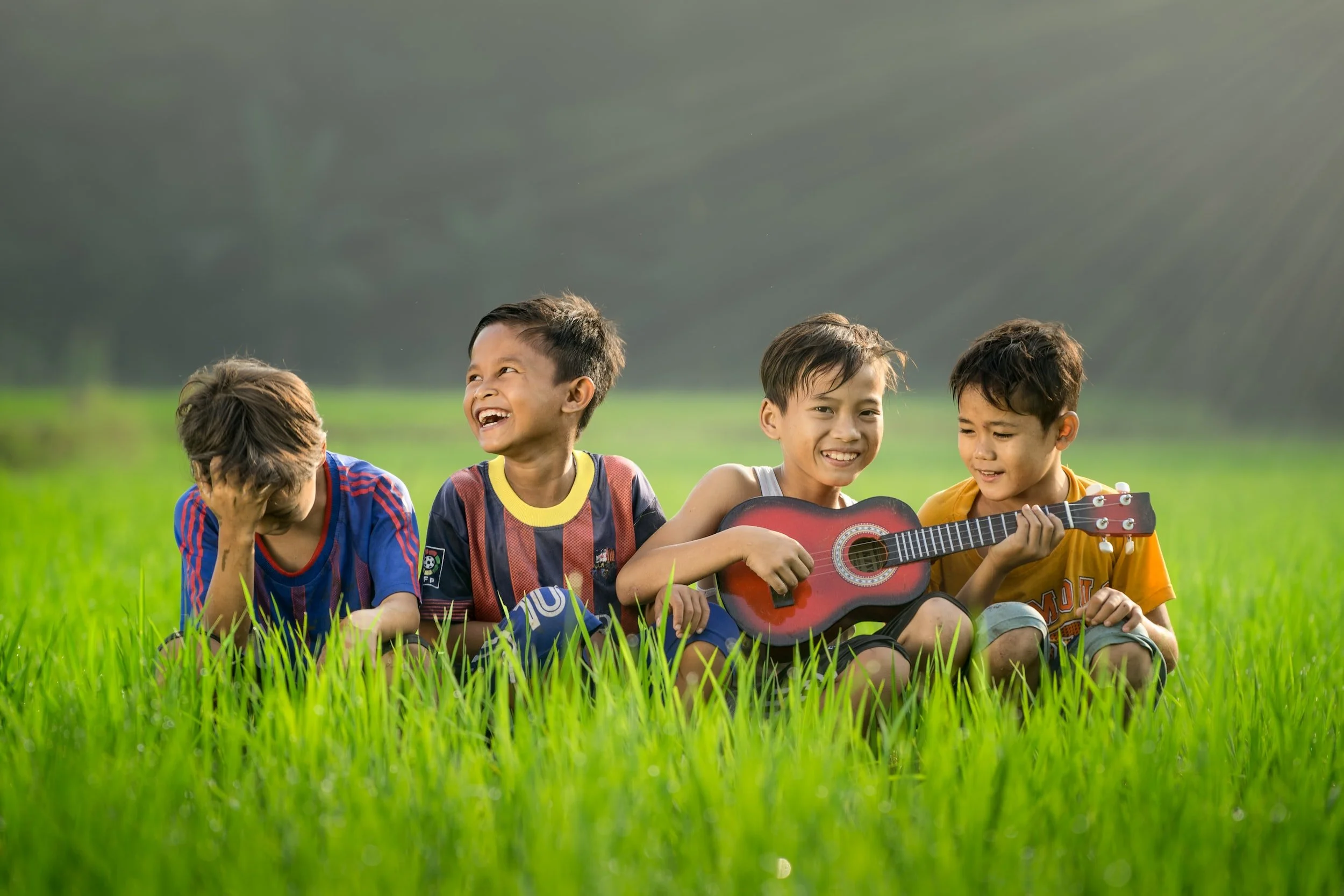How Socialization Helps Build Confidence
How Socialization Builds Confidence
Many children living with learning disabilities also struggle with confidence. Since they may have experienced various failures in an academic setting (like reading, writing, spelling, and mathematics), they may not have built up a strong opinion of themselves. However, academic performance is not the only factor contributing to self-confidence - in fact, a large part of confidence is created through healthy socialization.
First and foremost, it’s necessary for a child with a learning disability to feel that their family values them and regards them as important. You can help build your child’s confidence by recognizing their individual progress (and not comparing them to others), giving them challenging yet achievable goals, and giving them novel tasks that will keep their attention.
Also make time in your child’s day for play with friends. Peer groups impact everyone’s confidence immensely, and bonding with friends is a great way to help your child feel wanted and appreciated. Since physical activity has the added benefit of decreasing anxiety and increasing focus, try encouraging your child to play group sports and games.
Socialization at the community level is also important in building confidence. Consider volunteering with your child at a local charity and getting to know the other people there. It will help teach your child to look beyond their own needs, understand a greater variety of social circumstances, and feel like they are part of something important.
Socialization builds confidence - and confidence also aids in learning. By properly socializing your child, you will help them approach future reading, writing, or math problems with less anxiety, more conviction - and more success.


